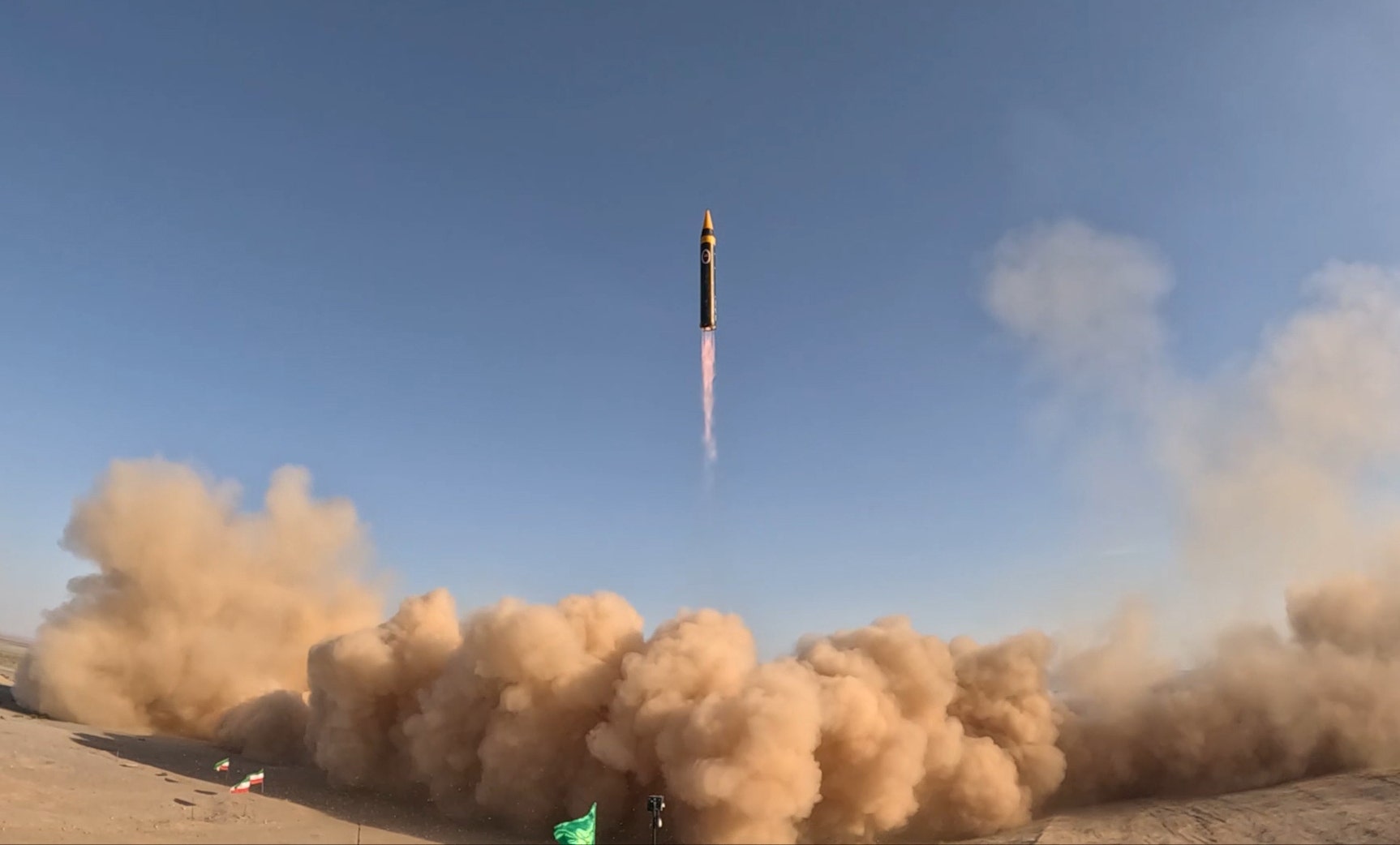The time to enforce snapback sanctions on Iran will soon expire, warn security experts

President Donald Trump issued a stark warning on Monday, stating that the situation with Iran is entering “dangerous territory.” He announced that his administration would be engaging in talks with Iran on Saturday, although the outcome of these discussions remains uncertain.
Experts have been sounding the alarm, emphasizing the urgency of taking action to curb Iran’s nuclear program and utilizing existing tools such as “snapback” sanctions to counter Tehran’s flouting of international law. Gabriel Noronha, an Iran expert and former special advisor for the Iran Action Group at the State Department, highlighted the significance of invoking snapback sanctions at this critical juncture.
The provision for snapback sanctions was established under UNSC Resolution 2231, shortly after the signing of the Joint Comprehensive Plan of Action (JCPOA) in 2015. This mechanism was designed to enable the reimposition of stringent international sanctions if Iran violated the terms of the nuclear deal. However, following the U.S.’s withdrawal from the JCPOA in 2018, questions have arisen regarding the legal eligibility of the U.S. to utilize snapback sanctions.
As Iran continues to escalate its nuclear activities, European nations have grappled with the dilemma of how to compel Tehran to adhere to its commitments. France’s foreign minister recently expressed the view that military intervention may become necessary if Iran fails to comply with the nuclear deal. The urgency of the situation has prompted calls for decisive action to prevent Iran from acquiring nuclear weapons.
Noronha underscored the need for UNSC members supportive of blocking Iran’s nuclear program to promptly invoke snapback sanctions. He emphasized that the window of opportunity is narrowing, as the mechanism is set to expire in October 2025. The complex dynamics within the UNSC, compounded by Russia’s presidency in the council, further underscore the importance of taking swift and decisive action.
The expert’s analysis underscores a rare moment of opportunity for the UNSC to demonstrate unity and resolve in addressing the Iranian nuclear threat. By invoking snapback sanctions, the council could compel all member nations, including Russia, to reimpose sanctions on Iran, thereby exerting maximum pressure on Tehran.
Failure to act decisively could have dire consequences, as Iran’s nuclear program continues to advance unchecked. The looming expiration of the snapback mechanism underscores the need for immediate action to prevent Iran from acquiring nuclear weapons. President Trump’s administration is poised to engage in discussions with Iran, signaling a critical juncture in efforts to address the escalating crisis.
In conclusion, the urgency of the situation demands swift and decisive action to counter Iran’s nuclear ambitions. By invoking snapback sanctions and leveraging existing tools, the international community can send a clear message to Tehran that its provocative actions will not go unpunished. The stakes are high, and the time to act is now.




